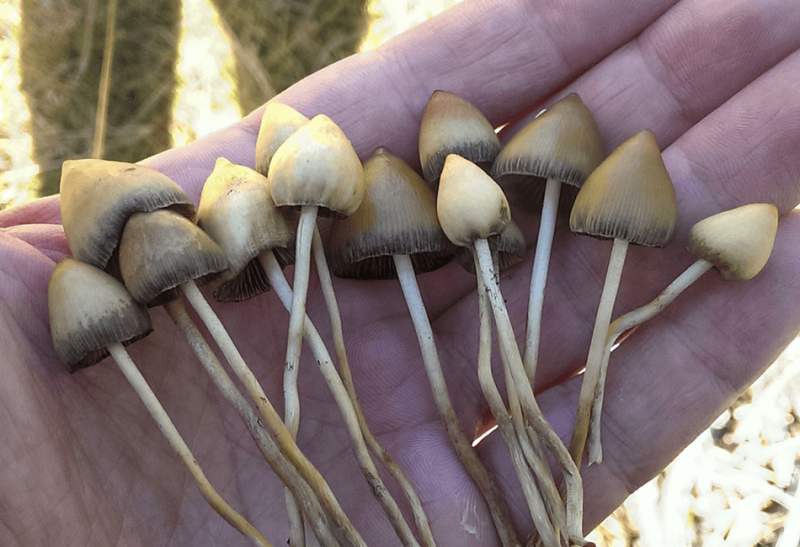The active ingredient that makes magic mushrooms so magic—the psychedelic drug psilocybin—is one step closer to becoming a legal treatment for difficult cases of depression. [October 23] the company Compass Pathways announced that it had received the Food and Drug Administration’s Breakthrough Therapy designation for its psilocybin-based treatment. The designation will fast track the FDA’s review of the treatment for possible approval.
While many people who have recreationally taken psilocybin and other mind-altering drugs can attest to the positive feelings they leave behind, research into these drugs’ possible mental health benefits has been stifled for decades.
…
[I]n recent years, doctors, patients, and even pharmaceutical companies have slowly begun to convince the government to reconsider its stance, aided by small pilot studies showing that these drugs, usually in “microdoses” smaller than a person would take recreationally, can help treat depression, anxiety, and even drug addiction…
[S]tudies in the UK and U.S. have found that it could treat people with depression who haven’t responded well to other treatments. And Compass is set to fund the first large-scale trial of psilocybin that will run in North America and Europe over the next year, according to the company.…
“We are excited to be taking this work forward with our clinical trial on psilocybin therapy for treatment-resistant depression,” said [Compass chairman] George Goldsmith.
Read full, original post: The Main Ingredient in Psychedelic Mushrooms Is Closer to Becoming an FDA-Approved Depression Treatment































